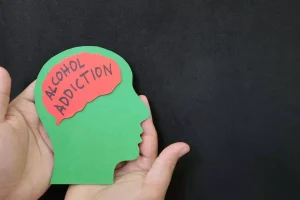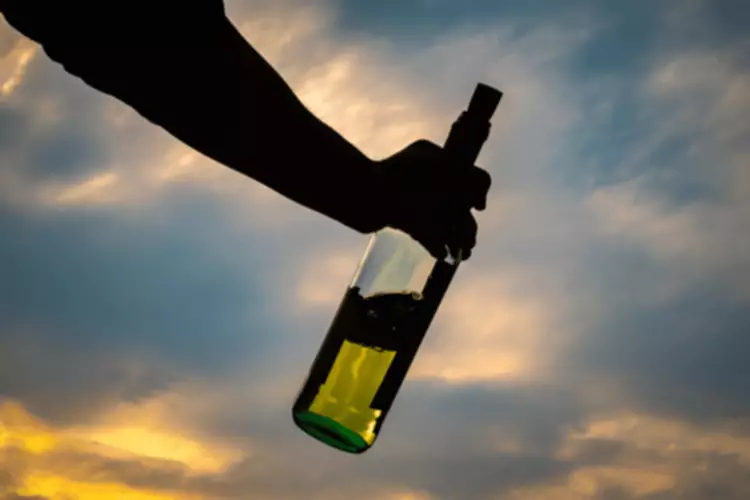Drinking alcohol: Health experts on risks and supposed benefits

RISE can tell you when to do 20+ good sleep habits at the time that’ll make them most effective for you. A 2019 study found eight weeks of CBT-I reduced insomnia in veterans recovering from alcohol dependence. You may also require separate treatments for alcohol insomnia and alcohol dependency.

Can’t sleep without alcohol? Here’s how to sleep without alcohol
If you really feel like you won’t be able to sleep without being drunk, then I would say it’s an emotional dependency. Stress-relieving activities like exercise before bed, a hot bath, or yoga may be able to help, but sometimes it requires the help of a therapist. Every time you eat a high-sugar meal or snack, you put your body on a blood sugar roller coaster that affects your mood. I vividly remember the day I began supplementing with magnesium during post-acute withdrawal.
Does Stopping Alcohol Consumption Cause Insomnia
Alcohol can cause insomnia — or sleep problems that look like insomnia — in a few different ways. It can fragment your sleep, so you wake up more often in the night, suppress the sleep hormone melatonin, and alter your sleep stages. Try breathing exercises and relaxation techniques — like diaphragmatic cant sleep without alcohol breathing and progressive muscle relaxation — to help calm anxious thoughts. These exercises are also a great distraction when lying awake in bed. You might also want to cut down on the number of nights you drink to give your body more chances of getting a good night of alcohol-free sleep.
Improve Your Sleep Hygiene

Later that night, hours after I went to bed, I would get tired of my brain feeling like it was on fire and head to the kitchen to pour myself a drink so that I could finally fall asleep. Chronic insomnia is a recurring difficulty in falling or staying asleep, persisting for at least three months. Although sleep disturbances are common during alcohol detox, ongoing problems hint at more severe issues. Symptoms may include frequent awakenings during the night, irritability or depression, daytime fatigue, or problems with attention and memory. People experiencing insomnia-related impairments in their daily life may benefit from a healthcare provider’s expertise.
Enhanced Physical Health
- Individuals with mental health conditions are also more likely to develop insomnia.
- The new skill of not drinking becomes alive and automatic, “drink or not drink” becomes a small and irrelevant question, and freedom is reclaimed.
- Instead of opting for a prescription, I took ashwagandha once per day for about a month and started sleeping better.
- Since inositol can contribute to episodes of low blood sugar, it might be wiser to try niacinamide first if you’re among the many alcoholics prone to hypoglycemia.
- Here’s what you need to know about trouble sleeping without alcohol.
Heavy alcohol use can contribute to the development of insomnia, a sleep disorder characterized by difficulty falling asleep and staying asleep. As many as three quarters of people with alcohol dependence experience insomnia symptoms when they drink. Trusted Source UpToDateMore than 2 million healthcare providers around the world choose UpToDate to help make appropriate care decisions and drive better health outcomes. In the early stage of alcohol withdrawal, many individuals experience an increase in sleep latency (the time it takes to fall asleep) and frequent night awakenings. However, in more severe withdrawal cases, individuals might suffer from insomnia, extremely vivid dreams or nightmares, and even sleep-impacted disorders like sleep apnea and restless legs syndrome. So, when you quit alcohol, your stress and anxiety levels may spike, and these elevated levels are not conducive to peaceful sleep.
- If you have an alcohol dependence problem, you could be going through withdrawal.
- I’ll then review some lifestyle strategies that I still use to this day to ensure a great night’s sleep.
- Some people also find journaling helps them to reduce feelings of anxiety.
Cut yourself from liquids at least two hours before bed to avoid middle-of-the-night bathroom trips. To minimize the effects of alcohol on your sleep, avoid it at least three to four hours before bedtime. Going sober isn’t always easy, though, and it may not be safe to quit alcohol cold turkey. Slowly cutting down can reduce the severity of alcohol withdrawal symptoms, too, which can help avoid relapse. Meditation, in particular, aims to focus the mind and detach it from daily stressors that could hamper sleep quality. Similarly, deep breathing exercises can shift the body’s response from ‘fight or flight’ stress mode to a calm and relaxed state, conducive to restful sleep.
Understanding the Long-Term Benefits of Quitting Alcohol
The more alcohol your drink and the closer you drink it to bedtime, the stronger its effects will be. If you have an alcohol abuse problem, you may take longer to fall asleep and get less REM and sleep overall, both when drinking and when in withdrawal. You may also experience insomnia and sleep disturbances when drinking and years after you’ve quit. If you have alcohol use issues, you may experience insomnia when drinking, during withdrawal, and months or years after going sober.
Try Cognitive Behavioral Therapy for Insomnia (CBT-I)

